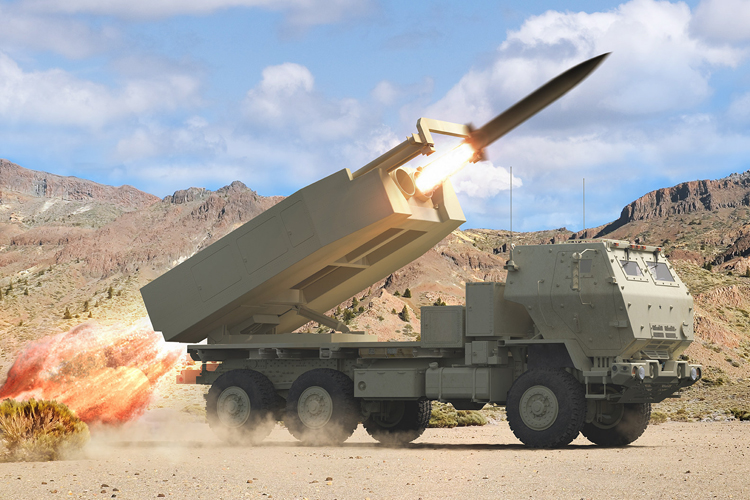Pending approval, Raytheon and United Technologies plan to merge and become one of the biggest aerospace and defense manufacturers in the nation.
Combined, the two companies have roughly $8 billion in research and development funds, over 60,000 engineers and seven technology advancement centers. By combining personnel and resources, the companies will be able to more efficiently produce pioneering technologies in specialty fields such as missile systems, aircraft cyber protection and aviation artificial intelligence.
“When we compete internationally, we compete against countries, not companies,” [which company?] Raytheon’s public relations director Mike Doble said. “This merger gives us the strength to compete as a leading American defense company, improving exports with better products at a more competitive price.”
If the deal is approved, the combined company will reel in approximately $74 billion in annual revenue and cut roughly $1 billion in costs by consolidating processes. These substantially increased profit margins make the company — now called Raytheon Technologies — a formidable competitor in the aerospace industry, which saw eight mergers last year.
“The two companies are complementary, not competitive. The new company will be 50 percent defense and 50 percent commercial,” Doble said. “And 50 percent of the total new company will be international. This is excellent composition to withstand global market fluctuations. We expect to return $500 million cost savings per year to [the Department of Defense] by year four of the integration.”
The merger will result in 57 percent ownership by United Technologies shareholders and 43 percent by Raytheon shareholders, who will receive 2.3348 shares of the new company’s stock for each Raytheon share they own.
“The combination of United Technologies and Raytheon will define the future of aerospace and defense,” said Greg Hayes, United Technologies chairman and CEO, in a statement. “Our two companies have iconic brands that share a long history of innovation, customer focus and proven execution. By joining forces, we will have unsurpassed technology and expanded R&D capabilities that will allow us to invest through business cycles and address our customers’ highest priorities. Merging our portfolios will also deliver cost and revenue synergies that will create long-term value for our customers and shareowners.”
According to Doble, the new company will hire 20,000 new employees by the end of 2019 and more than 70,000 new employees in the next five years. Although Doble said he could not specify, this may directly impact Arizona’s economy, as Raytheon’s missile manufacturing arm is based in Tucson.
Raytheon has an annual economic impact of roughly $2.1 billion in Arizona and employs 13,000 people in the state.
This story was originally published at Chamber Business News.




